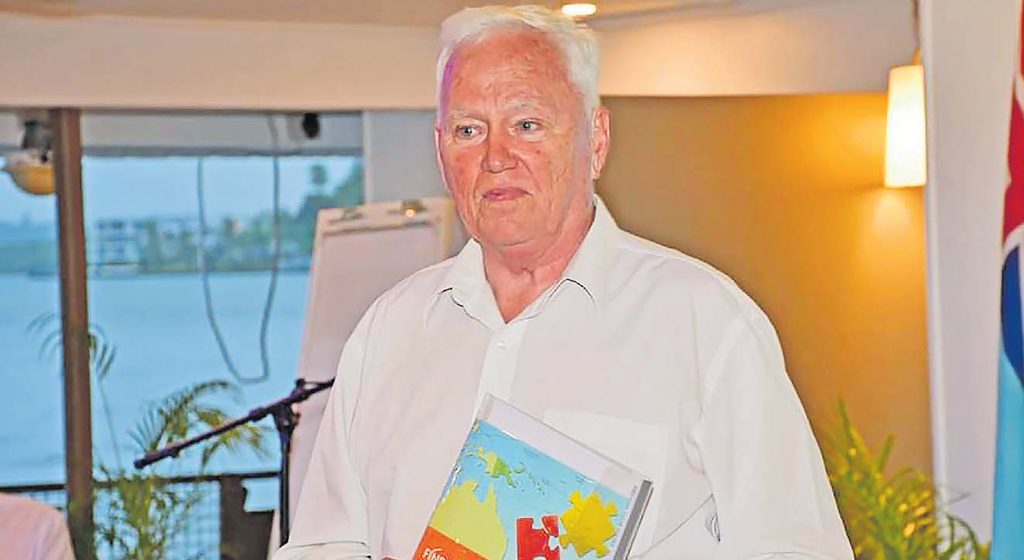In 1976, a New Zealand parliamentarian married to a Fijian woman said he was being harassed by the police looking for Pacific Island “overstayers”.
According to an article published by The Fiji Times on October 28 that same year, Richard Prebble, an Auckland lawyer and Labour MP, told the House of Representatives police had called at his house in Wellington seeking islanders who were in the country illegally.
During a snap debate which the Labour Opposition launched against the Government over the current hunt for illegal immigrants, Mr Prebble, a backbencher in his first term, did not elaborate on the Wellington incident.
However, he said that 300,000 people would have to be stopped and interviewed if the check on overstayers was to be thorough.
The Opposition forced the debate in the House of Representatives in the wake of public unease about allegations of widespread random checks by police.
“If this is not stopped, racial relations will be damaged forever,” he said. “We will pay a terrible price.”
Mr Prebble returned to the controversy when the House resumed.
During question time, he asked the Minister of Immigration, Frank Gill, how many European households had been called on in the course of police inquiries.
Mr Gill accused him of trying to make a racist issue from the situation and said all applications to remain in New Zealand were examined on the same basis.
The minister said that only 81 of the 4600-odd applications for extended stay during the amnesty had come from people who were not Fiji Islanders, Tongan, or Western Samoan.
Mr Gill said their cases were considered by a special committee, and “the same criteria were applied irrespective of race, colour or creed”.
Outside the House, the Prime Minister, Robert Muldoon, reiterated the National Government’s intention to track down people who had overstayed their entry permits, thereby breaking the law.
He said the references to “random checks” by police in the past few days were loose and emotive.
“To the best of my knowledge, there has not been one random check in the accepted sense of the world,” Mr Muldoon said.
Police had visited more than 200 houses in Auckland, and there had been only one complaint from a man who did not like his sister being questioned, but he did not criticise police behaviour.
Replying to suggestions that the hunt for illegal immigrants was confined to Pacific Islanders, Mr Muldoon said British, Dutch, Canadian, Irish, and US citizens had been questioned.
“It is not the policy of this Government, and it never will be, that New Zealanders will be stopped in the streets while going about their business.”
Dr Gerry Wall, an Opposition MP, who is married to a Maori, gave several instances of complaints about the checks, and Mr Prebble said a young Maori, descended from chiefs, had landed on an obscene language charge by telling a policeman “What to do” when asked whether he was an islander.



